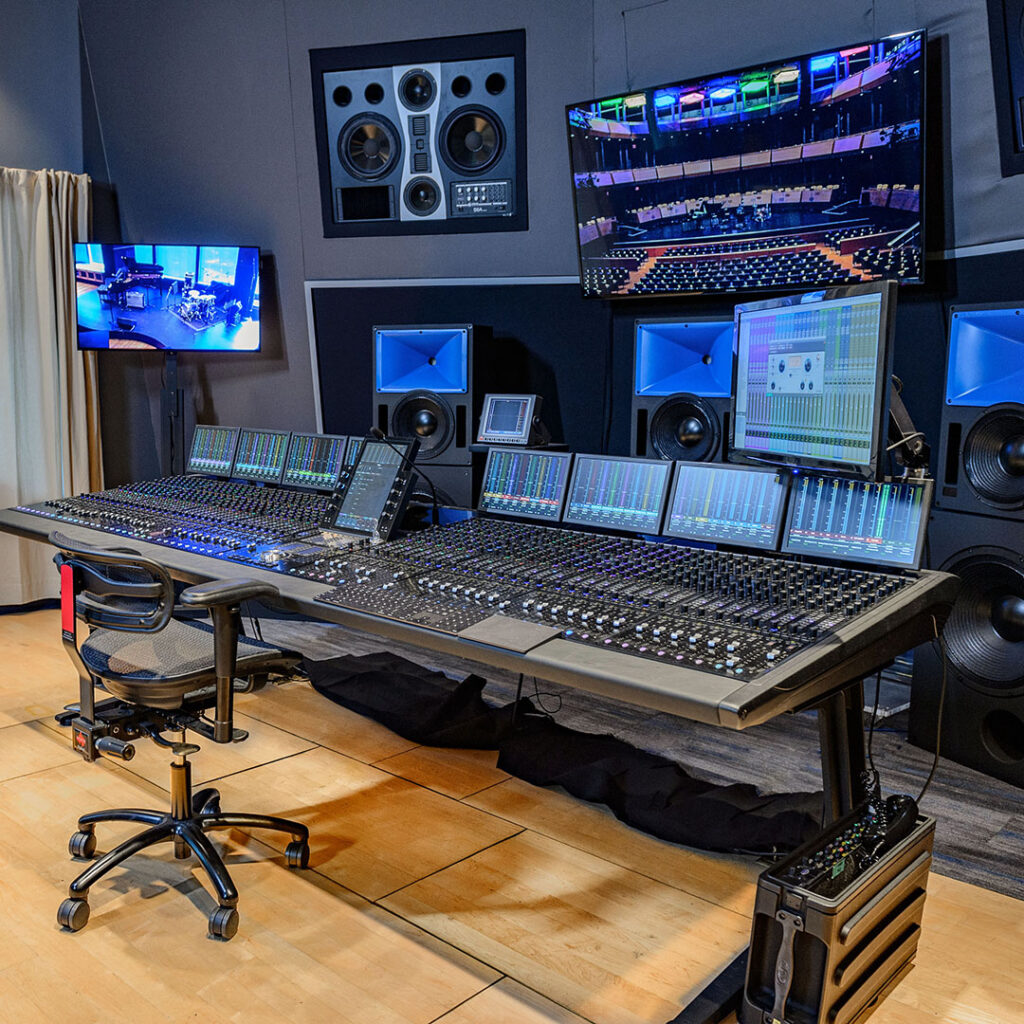Factors to Consider When Choosing a Sound Engineering School
Accreditation and Reputation
When choosing a sound engineering school, it is important to consider the accreditation and reputation of the institution. Accreditation ensures that the school meets certain standards of quality and that the education provided is recognized by industry professionals. A reputable school is one that is well-known and respected in the field of sound engineering. To determine the accreditation and reputation of a school, it is recommended to review online ratings and alumni stories. Online reviews can provide insights into the experiences of past students, while alumni stories can give an idea of the school’s success in helping graduates land jobs in the industry. Additionally, requesting recommendations from supervisors and clients can provide further validation of the school’s quality and the skills acquired by its students.
Curriculum and Course Offerings
When considering a sound engineering school, it is important to evaluate the curriculum and course offerings. Look for a program that provides a comprehensive education in sound engineering, covering topics such as audio recording, sound design, and live sound production. A strong curriculum will also include courses that focus on mastering audio mixing, which is a crucial skill for sound engineers. By gaining mastery in audio mixing, students will be equipped with the knowledge and skills to create high-quality sound recordings and mixes.
Faculty and Industry Connections
Faculty and industry connections are crucial for sound engineering students. Networking with professionals in the field can open doors to internships, job opportunities, and valuable industry insights. It is important to choose a sound engineering school that has a strong network of industry partners and alumni who are actively involved in the industry. These connections can provide students with mentorship, guidance, and potential career pathways. Additionally, schools that offer guest lectures and workshops by industry experts can provide students with real-world knowledge and practical skills.
Facilities and Equipment at Sound Engineering Schools
State-of-the-Art Recording Studios
State-of-the-art recording studios are an essential component of a sound engineering school. These studios provide students with hands-on experience in a professional environment, allowing them to practice and refine their skills. Equipped with the latest technology and equipment, these studios offer a realistic setting for students to learn and create professional-sounding music. Students have access to a wide range of recording equipment, including microphones, mixing consoles, and digital audio workstations (DAWs). They learn the techniques and processes involved in capturing high-quality audio recordings, mixing and balancing tracks, and mastering the final product. The state-of-the-art recording studios at sound engineering schools are designed to replicate real-world recording environments, preparing students for a career in the music industry.
Specialized Sound Engineering Equipment
Sound engineering schools provide students with access to a wide range of specialized sound engineering equipment. These tools are essential for students to gain hands-on experience and develop their technical skills. Some of the specialized equipment that students may have access to includes:
- Digital Audio Workstations (DAWs): Students can learn to proficiently use software like Pro Tools, Logic Pro, or Ableton Live to edit and arrange audio.
- Signal Processing Tools: Students can learn to employ audio effects, equalization, compression, and other processing techniques to shape and enhance sound.
- Microphones: Students can understand and apply various microphone types and placement methods for optimal recording results.
Having access to these specialized tools allows students to explore different techniques and workflows in sound engineering. It also prepares them for real-world scenarios and helps them develop the skills needed to succeed in the industry.
Conclusion
In conclusion, choosing the best sound engineering school is a crucial step in kickstarting your career in audio engineering. Consider factors such as accreditation, reputation, curriculum, faculty, and industry connections. Additionally, evaluate the facilities and equipment available at the schools, including state-of-the-art recording studios and specialized sound engineering equipment. It is important to make an informed decision based on your interests, skills, and long-term goals. By doing so, you can embark on a fulfilling journey in the dynamic and creative world of audio engineering.

